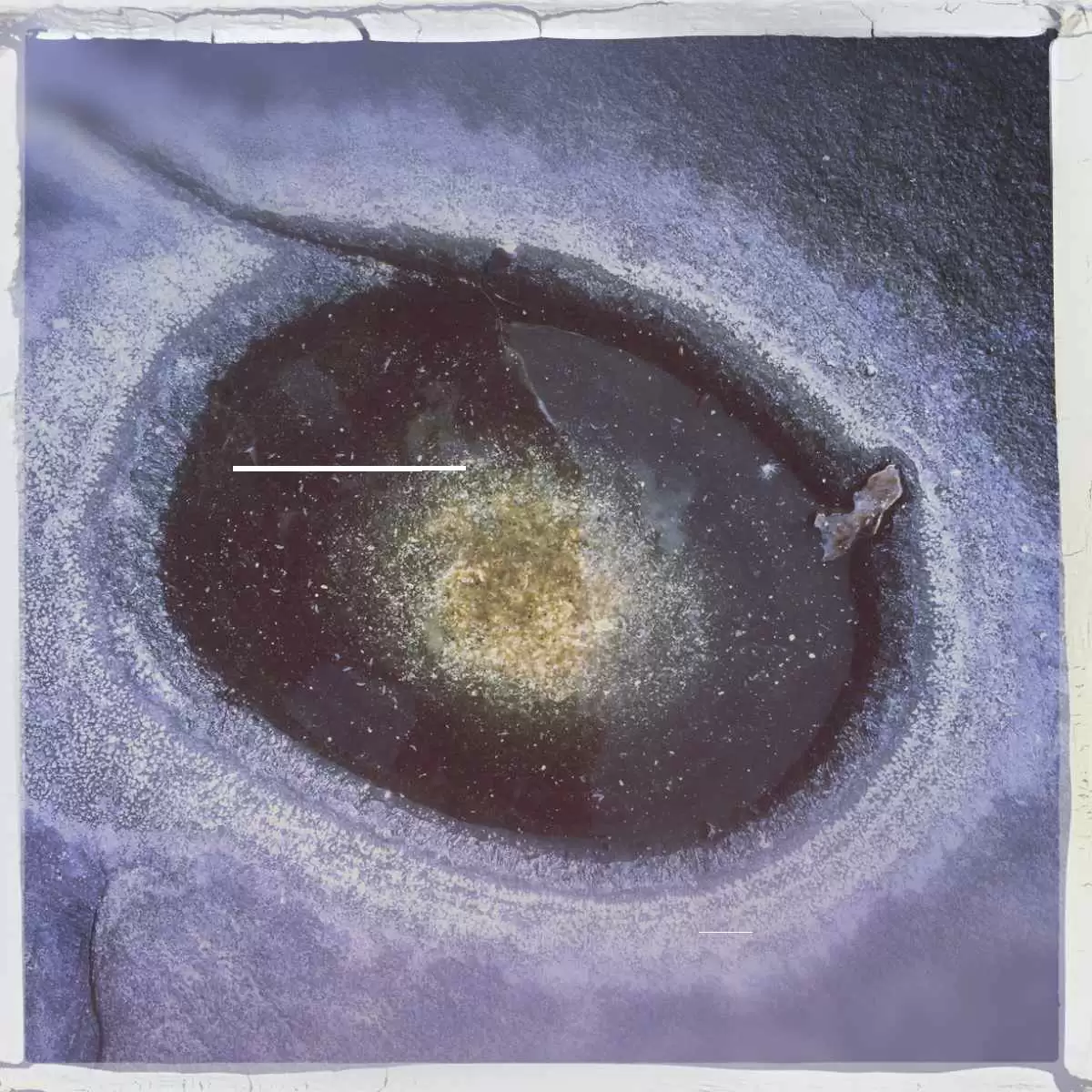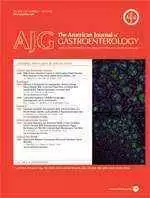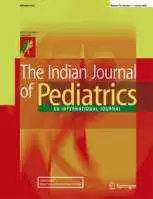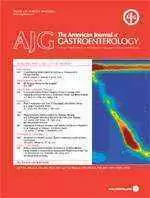Celiac.com 03/19/2010 - Celiac disease is a chronic inflammatory disorder of the gut triggered by an adverse immune response to dietary gluten proteins in genetically susceptible individuals. One of the first ways the body responds to offending proteins in an adverse celiac disease response is by producing mucous via IgA secretion in an effort to neutralize offending antigens and pathogens.
A team of researchers recently sought to better document the relationships between immunoglobulin-coated bacteria and bacterial composition in feces of celiac disease patients, untreated and treated with a gluten-free diet (GFD) and healthy controls. The research team included Giada De Palma, Inmaculada Nadal, Marcela Medina, Ester Donat, Carmen Ribes-Koninckx, Miguel Calabuig, and Yolanda Sanz.
Celiac.com Sponsor (A12):
They observed that intestinal dysbiosis and reduced immunoglobulin-coated bacteria are associated with celiac disease in children. Both untreated and treated celiac disease patients showed markedly lower levels of IgA, IgG and IgM-coated fecal bacteria compared to healthy controls.
Celiac disease patients showed substantially reduced ratio of Gram-positive to Gram-negative bacteria compared to control subjects. Untreated celiac disease patients showed less abundant group proportions (P<0.050) of Bifidobacterium, Clostridium histolyticum, C. lituseburense and Faecalibacterium prausnitzii than did healthy controls.
Untreated celiac disease patients showed more abundant group proportions (P<0.050) of Bacteroides-Prevotella than in control subjects. Both untreated and treated celiac disease patients showed significantly impoverished (P<0.050) levels of IgA coating the Bacteroides-Prevotella compared with healthy controls.
From these results, the research team concluded that intestinal dysbiosis plays a role in reduced IgA-coating bacteria in celiac disease patients. This offers a fresh perspective into the possible relationships between the gut microbiota and the host defenses in celiac disease patients.
Source:
- Open Original Shared Link











Recommended Comments
There are no comments to display.